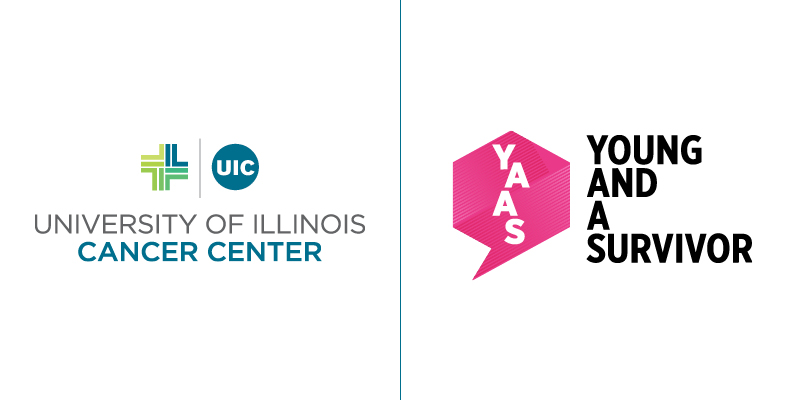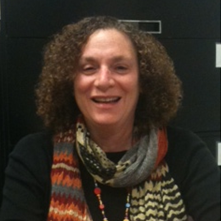
The University of Illinois Cancer Center has received a $1.8 million five-year federal grant to help young breast cancer survivors in Chicago navigate the remainder of their lives following diagnosis and treatment.
The UI Cancer Center’s survivorship group is developing a new program entitled Young And A Survivor (YAAS!) that will unite survivors, co-survivors, patient advocates, clinicians, support service providers, researchers and local and national patient advocacy organizations to reduce disparities in survival and quality of life due to race, ethnicity, and other social factors among young breast cancer survivors, metastatic breast cancer survivors and their families or caregivers.

“Although clinical and supportive services may be available to address the challenges faced by young and metastatic cancer survivors, the U.S. system of service delivery is fragmented, placing an additional burden on survivors and co-survivors, particularly those in underserved communities whose resources are already limited,” said Tamara Hamlish, PhD, research scientist in the UI Cancer Center’s survivorship program and the grant’s principal investigator.
The needs of young survivors are not well understood, and services may be unavailable to meet them, Hamlish said. Young breast cancer survivors who are racial or ethnic minorities, who have a disability, or are low-income, are diagnosed at later stages and have higher mortality rates compared to the general population of young survivors. These inequalities could be why there is a limited access to high quality cancer screening, diagnosis and treatment – barriers that persist into survivorship.
“Removing barriers to access and creating an environment of health equity in a fragmented healthcare system requires strong partnerships across the cancer care continuum, people and organizations willing to work together to leverage existing resources to strengthen the safety net and increase capacity for comprehensive survivorship care for all young breast cancer survivors, their families and caregivers,” Hamlish said.
The YAAS! network will include 23 partners – clinicians and researchers with expertise in cancer survivorship care, primary care, palliative care, physical therapy, sexual health, fertility, disability rights, addiction medicine and chronic pain management; community-based organizations that deliver supportive services and education for cancer survivors in health lifestyles (nutrition, exercise, meditation), employment, insurance and finances, and cancer-related food insecurity; and grassroots community cancer support organizations tailored to meet the needs of survivors in their area.
“Each of the partners already delivers critical support to our target population,” Hamlish said. “They understand that coordination and collaboration will expand their reach and their impact.”
The program will also include an advisory board comprised of young and metastatic cancer survivors from diverse backgrounds, experiences, and perspectives who share a common commitment to ensuring that other young survivors do not have to struggle to locate – or go without – crucial resources and support services. An important site for the work, Hamlish said, is Mile Square Health Clinic (a Federally Qualified Health Center), which houses the UI Cancer Center’s survivorship clinic.
About 6 percent of breast cancer cases in the United States are diagnosed in women under 40 years of age, causing it to be the leading cancer diagnosed in women of that age. Young breast cancer survivors face numerous obstacles to fully restore their health – fear of or losing a job, loss of fertility, long-term side effects from cancer treatments, issues with body image, fears of cancer recurrence, and increased risk for other chronic health conditions, among others.
The grant (1 NU58DP006674-01-00) is funded by the Centers for Disease Control’s Division of Cancer Prevention and Control. Susan Hong, MD, director of survivorship at the UI Cancer Center, and Ardith Doorenbos, PhD, RN, FAAN, professor of biobehavioral science in the University of Illinois at Chicago College of Nursing, UI Cancer Center member and co-leader of the UI Cancer Center’s Cancer Prevention and Control program, serve as co-principal investigators.
